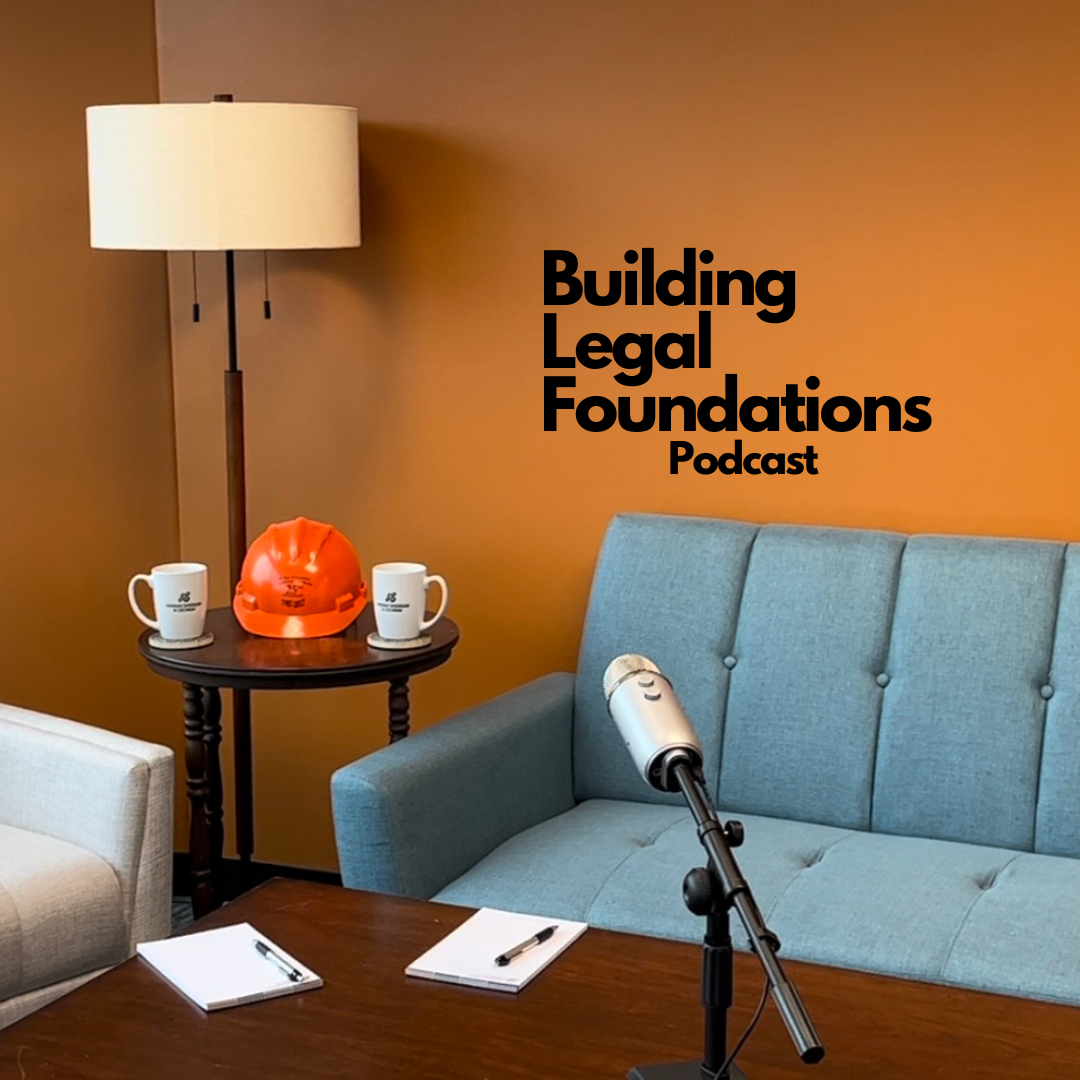Hannah Sheridan & Cochran's own podcast, previously available via Spotify, is now available to listen…
RECOUPING ATTORNEYS’ FEES IN LITIGATION
One frequent question we receive is whether you can recoup your attorneys’ fees spent pursuing or defending a lawsuit. The well-established rule in North Carolina is that each party bears its own costs of litigation, unless a statute specifically awards attorneys’ fees. Outside of family-law issues, there are only twenty-five (25) statutes in North Carolina that grant the Court the authority to award attorney’s fees. Even in these 25 scenarios, the grant of attorney’s fees is permissive, meaning that it is within the judge’s discretion whether to award the prevailing side the cost of their attorneys.
One area where attorneys’ fees are allowed by statute is in lien actions. Pursuant to N.C. Gen. Stat. § 44A-35, “the presiding judge may allow a reasonable attorneys’ fee to the attorney representing the prevailing party . . . upon a finding that there was an unreasonable refusal by the losing party to fully resolve the matter [.]” N.C. Gen. Stat. § 44A-35. Who the prevailing party is depends upon the amount sought in the lawsuit and the amount ultimately awarded in trial or arbitration. If the party bringing the lawsuit obtains a judgment of at least 50% of the amount sought, then the person bringing the lawsuit is the “prevailing party.” Alternatively, if the amount awarded is less than 50% of the amount sought by the lawsuit, the defendant is the “prevailing party.” An “unreasonable refusal to settle” is not merely declining a settlement offer, but is determined by a totality of the circumstances. Ultimately, the Court will consider whether settlement offers acknowledged any work performed, approached the undisputed costs incurred on a project, or if a party was unnecessarily stubborn.
Attorneys’ fees may also be awarded if there is a contractual provision entered into for business or commercial purposes where each party agrees “to pay or reimburse the other parties for attorney’s fees and expenses incurred by any suit, action, proceeding, or arbitration involving the business contract.” N.C. Gen. Stat. §§ 6-21.2 and 6-21.6(a)(4). When considering whether to award fees, the legislature outlined thirteen (13) factors for the judge to evaluate when awarding “reasonable” attorneys’ fees, including settlement offers and their timing, the results obtained, and the skill required to perform the legal services rendered given the novelty and difficulties of the questions of law raised in the action. Therefore, it is possible that, if you have an attorneys’ fees provision in a contract, the court could refuse to award fees altogether or award a lower amount.
Although attorneys’ fees are rarely awarded at the end of litigation, it is worth remembering the limited circumstances in which a court may award them. The attorneys at HSC consider it very important to freely communicate with clients about the economics of a case throughout the litigation process. If you believe that you may be entitled to attorneys’ fees in conjunction with a civil legal claim, please contact our office.


